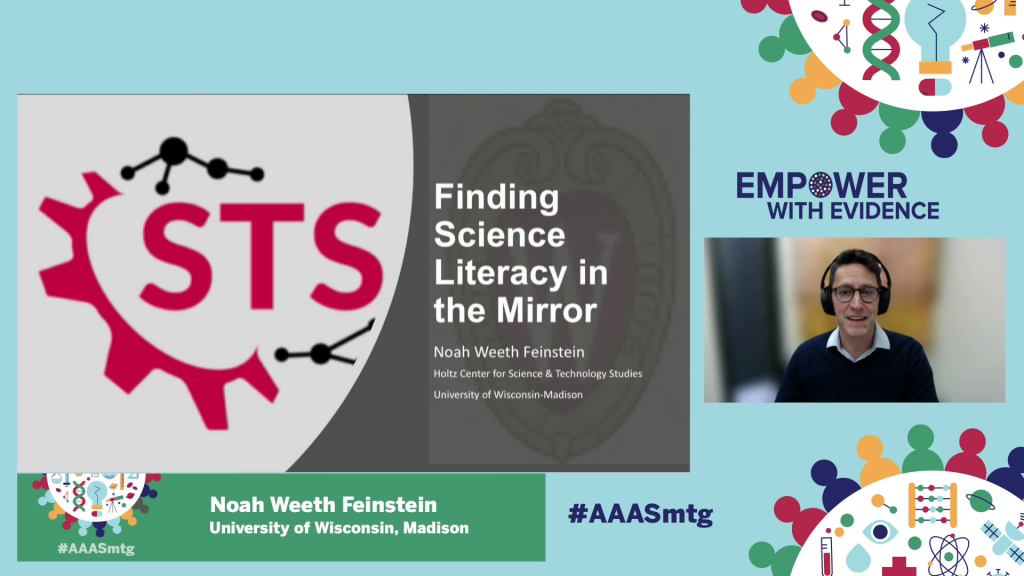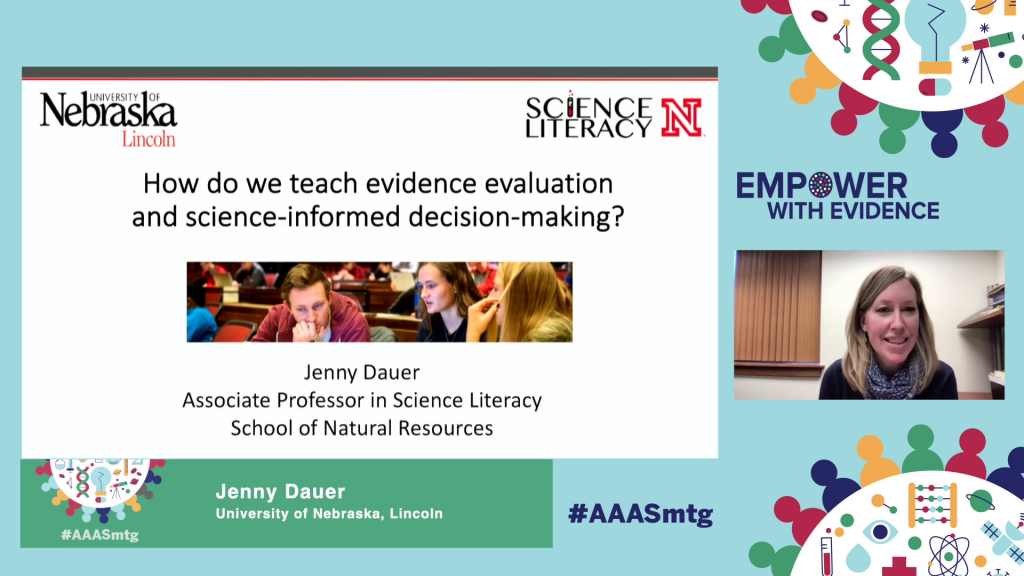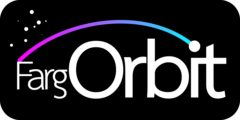Jenny Dauer of the University of Nebraska and Noah Feinstein of the University of Wisconsin participated in a discussion of how to boost science literacy and engagement at the AAAS virtual conference on 20 February 2022.

Rather than repeat common platitudes like “trust science”, Feinstein goes much further, first establishing confidence in why he is qualified to speak on the topic of science literacy, and then covering many of the ways science institution have been actively undermined among the general public.
Feinstein’s talk clearly addresses the weaknesses that science both has, and appears to have, and asks the public not necessarily to blindly trust, but to show “appropriate respect” for the knowledge generated by science, and to forgive some of the imperfections in scientific institutions, traits shared by all human endeavours.

Dauer covers how to educate college students to approach scientific decisionmaking, even in highly controversial environments. The University of Nebraska offers a course called Science Literacy 101, where students Students thereby receive valuable tools to incorporate systems analysis and science literacy into their future leadership.
Dauer also delves into the complexity of teaching students with certain ideas or positions that are ensconced in their personal identities, and discusses some approaches to better engage them to improve their receptiveness to new science that conflicts with their worldviews.
The two talks were part of a three-talk session presented at the AAAS conference, “Learning about Science Literacy from the Covid-19 Pandemic”, which moderated by Felicia Kessing of Bard College. The third talk in the session, on science engagement with disaffected communities, was given by Raj Pandya of the American Geophysical Union.
